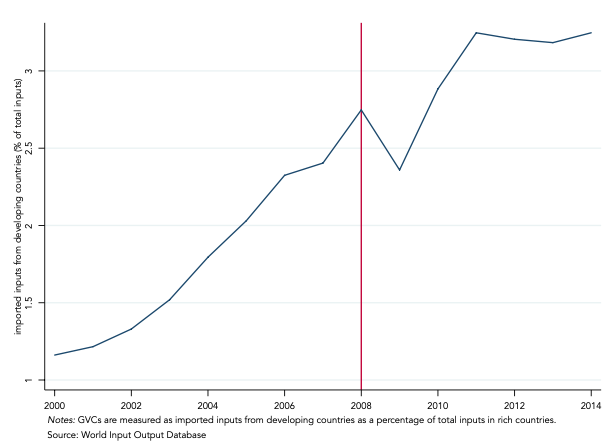UK’ll remain among top top six global economies post Covid-19
The United Kingdom will stay as one of the top six global economies for th next 15 years, according to the latest annual report by the Centre for Economic and Business Research.
According to a consultancy firm, in its world economic forecast, said it expected the UK to achieve a trend rate of growth of 2.4 per cent annually between 2022 and 2026, which will slow down to 1.8 per cent between 2027 and 2036.
During the fifteen- year window, CEBR anticipates India will rise to third place and overtake the UK economy by 2023.
However, the UK will only fall one spot from fifth to sixth, clinging to a leading global position despite the rise of the Asian economies over the next two decades.
It will also remain well ahead of France- which will drop into the seventh place.
The report anticipates that the UK’s economy will be 16 per cent larger than France’s economy by 2036, with it’s superior performance powered by a looming technology sector and its established position as a financial service leader.
Currently, the UK’s economy is sized at 2.1trn Pounds, which is only 3 per cent larger than its European rival.
While the report points to rising tensions over issues such as Scottish independence and the Northern Ireland Protocol, CEBR calculates that damage to the City from Brexit will be limited to just 10 per cent of its overall business.
With austerity increasingly unpopular, it says “unlocking growth in the post- Covid, post- Brexit era will be crucial in ensuring that the debt burden remains sustainable”.
Looking at a global picture, CEBR forecasts the global economy will top $100bn for the first time next year – two years earlier than the consultancy expected in its previous annual report.
CEBR still expects China to become the world’s largest economy, but it does not expect the country to overtake the US until the end of the decade, rather than in 2028 as previously anticipated following the pandemic.
The report also suggests Germany is on course to have a larger economy than Japan by the 2030s, while consumers will face costs of $2trn a year over the next fifteen years as economies transition to net zero.








